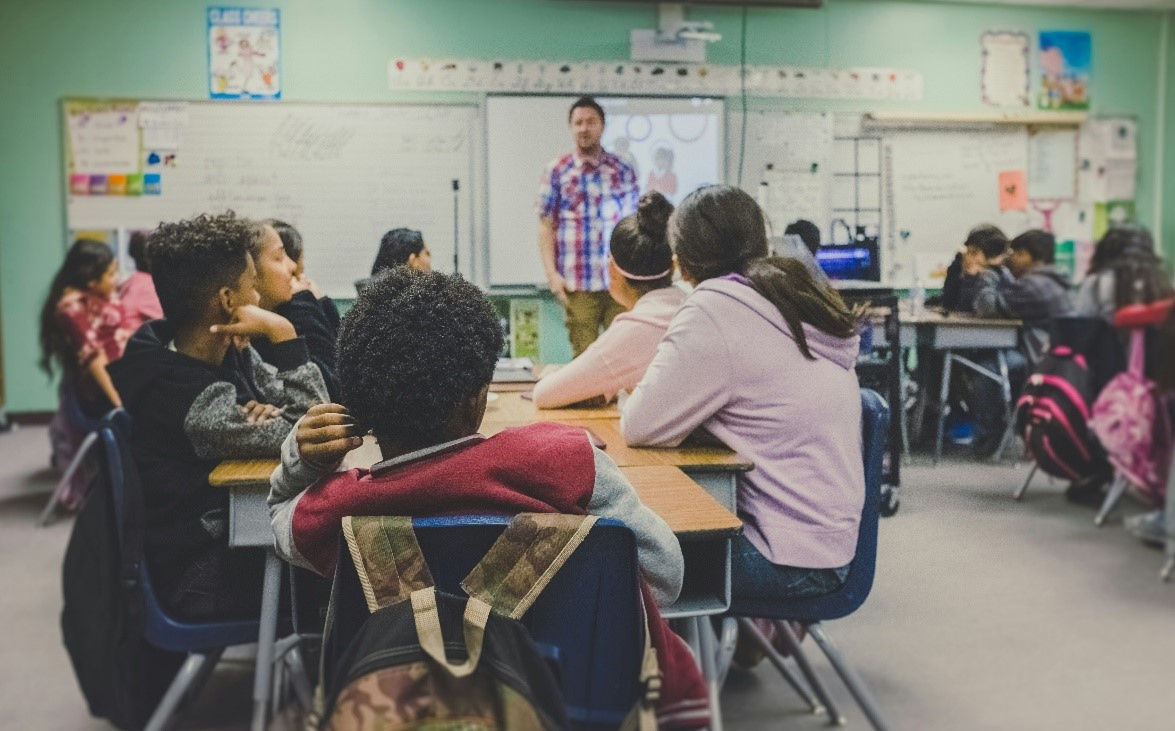International EducationResearch Collaborator
Upalat Korwatanasakul

Faculty of Social Sciences, Waseda University Associate Professor
Three main achievements
- Korwatanasakul, U. 2023. Returns to schooling in Thailand: Evidence from the 1978 compulsory schooling law. The Developing Economies. 61(1), 3-35. DOI:10.1111/deve.12341
- Korwatanasakul, U. Thailand and the middle-income trap: An analysis from the global value chain perspective. Institutions and Economies. 15(4), 7-33. DOI: 10.22452/IJIE.vol15no4.1
- Korwatanasakul, U., Baek, Y., & Majoe, A. 2022. Analysis of global value chain participation and workers’ wages in Thailand: A micro-level analysis. The Singapore Economic Review. DOI:10.1142/S021759082250045X
Field of specialization
Economic, environmental, and social development topics in Asia and the Pacific
The kind researcher you aim to become: In the long term, I see myself expanding my expertise in economic, environmental, and social development in Asia and the Pacific. Ultimately, I want to contribute to the inclusive and dynamic development of an international society where everyone can sustain a high standard of living free of economic and social difficulties and live in harmony.
Introduction to your research theme
Collaborative problem solving (CPS) is pivotal in reconciliation efforts, fostering understanding and peace among individuals and societies. OECD’s 2015 PISA aimed to gauge 15-year-olds’ collaborative proficiency, revealing links between negative experiences like violence and lower CPS scores. Factors like trust and fairness in teacher-student relationships influence CPS performance, particularly evident in China and South Korea. Existing literature primarily quantifies internal and socioenvironmental factors affecting CPS, overlooking conflict and injustice factors, and often lacks robust statistical methods. This study investigates conflict and injustice’s role in shaping CPS among 15-year-olds across 52 countries, employing a regression model with PISA 2015 data. By incorporating these factors, the study enhances the CPS determinant framework, bridging reconciliation and education studies, while also offering methodological insights and policy implications for nurturing CPS skills among students globally.
Tentative title for your upcoming working paper
Towards a Future of Reconciliation: Understanding Conflict and Injustice in Shaping Collaborative Problem Solving among 15-Year-Olds
Research Image

Photo credit: Kenny Eliason, Unsplash

